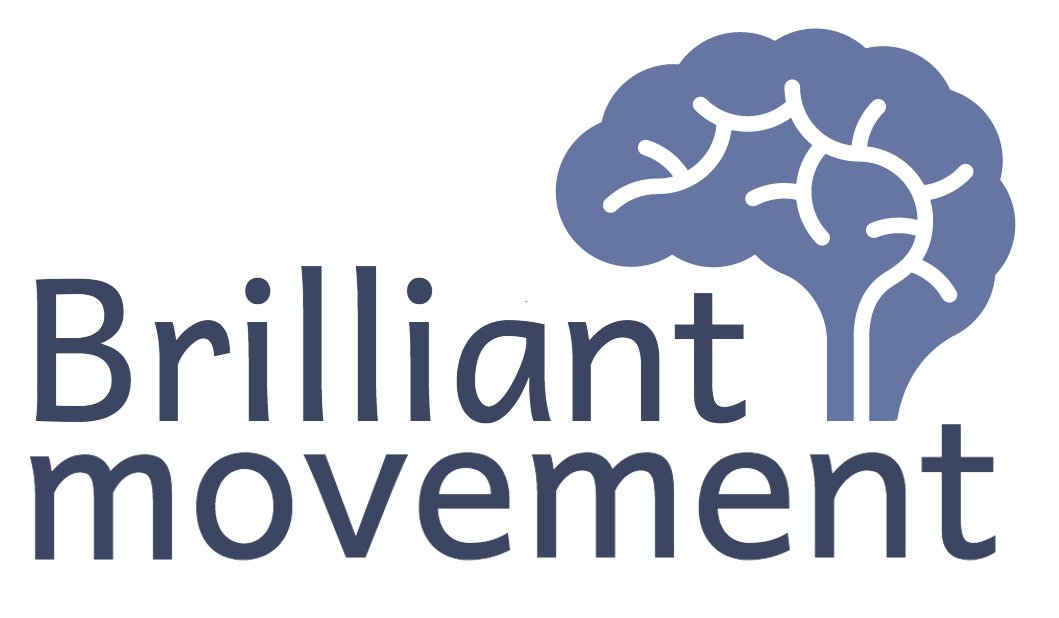NeuroMovement Blog
NeuroMovement Blog
Musings on the power of the brain to change and grow our whole lives
The Special Needs Parent Podcast w/ ABM® NM® practitioner Phoebe MacRae
The Special Needs Parent Podcast is a supportive source of connection and information for parents and caregivers of children with disabilities or extra needs. It features conversations and interviews with parents AND connection and information from experts in the helping professions.
A NeuroMovement® Story of Hypoxia, Breakthroughs and Hope
“I just can’t believe how much one week of this new therapy has helped Aubrey. It’s like there was no light on in her little body or brain and then now she is awake and doing things she would never do. ” Aubrey’s Mother
NeuroMovement® for Kids with Sensory Processing Disorder
Through gentle, respectful movement, kids with SPD experience alternative ways of moving and perceiving, which helps their brains rewire for more functional and comfortable interactions with the world around them.
NeuroMovement® for pain relief in adults
Your NeuroMovement® Lessons will consist of movement explorations to discover how you are currently moving and how you can upgrade your movement to melt away pain and discomfort to find ease and function in a new way.
Change your brain- lose your pain.
How to use Anat Baniel Method® at Home to help your Child with CVI
Do you want to use NeuroMovement® to help your child with CVI?
What can I do to incorporate this method into our daily routine?
The good news is that it's simpler than you think!
Here are some steps to get started.
Can my child with CVI be helped with Anat Baniel Method® NeuroMovement® sessions?
You want your child to gain skills and achieve developmental milestones - just like every other parent does!
This blog post is intended to help in your research about Anat Baniel Method® NeuroMovement® - a gentle, respectful, alternative, early intervention for your child with Cortical Vision Impairment (CVI).
New Year, Brain Injury and Rest
In our lessons I am helping them organize their injured brain in novel ways using NeuroMovement®. Together we are slowly and gently noticing and marking to create opportunities for new functioning.
Unlike some interventions that drive us to use force and push through our limitations, one of the ways I am helping my client is to prioritize lots of rest.
Learn to be pain-free through imagination
If you are in pain you can imagine moving easily with no pain. Your brain will learn its experience of pain-free movement. With the act of imagination your brain learns that pain-free is possible!
Happy New Year!
“It was really fun to be in the room with 4 women who are all passionate about helping kids and their parents navigate the realities of lives effected by autism spectrum disorder. “
Work Easy
I know that when you work hard (which implies force) you can do only that which you already know how to do. You can only do forcefully what you already know. Using force to achieve a goal is a primitive choice.
I propose that we can equally value a concept that is not recognized in our society.
How does Anat Baniel Method® NeuroMovement® get me out of PAIN?
Hey Phoebe! How does NeuroMovement® get me out of PAIN?
I guide you to naturally get out of PAIN by upgrading your Brain's wiring so you can live an empowered life of ease, flexibility and comfort.
I help you recognize where you may have movement habits that are not serving you well.
Those same movement patterns (or lack of movement patterns) are probably what is causing you PAIN.
Question: Is a standing desk worth it?
We can't predict how new neural connections will impact your reality but we know that they will.
A Question about Hamstrings.
In order to have freedom from pain and increase your flexibility you need more information/options for your brain.
2019 NeuroMovement® for Kids in Portland OR
Kathy and Phoebe are teaming up to offer something new! We are structuring our schedules in 2019 so that families can plan ahead and get the best outcomes for students.
Only appears in the roots.
When we organize in any area of our brain it has a wondrous non-linear ripple effects and organization starts to emerge in other areas previously understood as unrelated.
This has given us hope.
The screaming was ear piercing and unbearable to me. Aubrey’s Mom said that she had been screaming all through her 3 years of Speech Language Pathologist appointments.





















